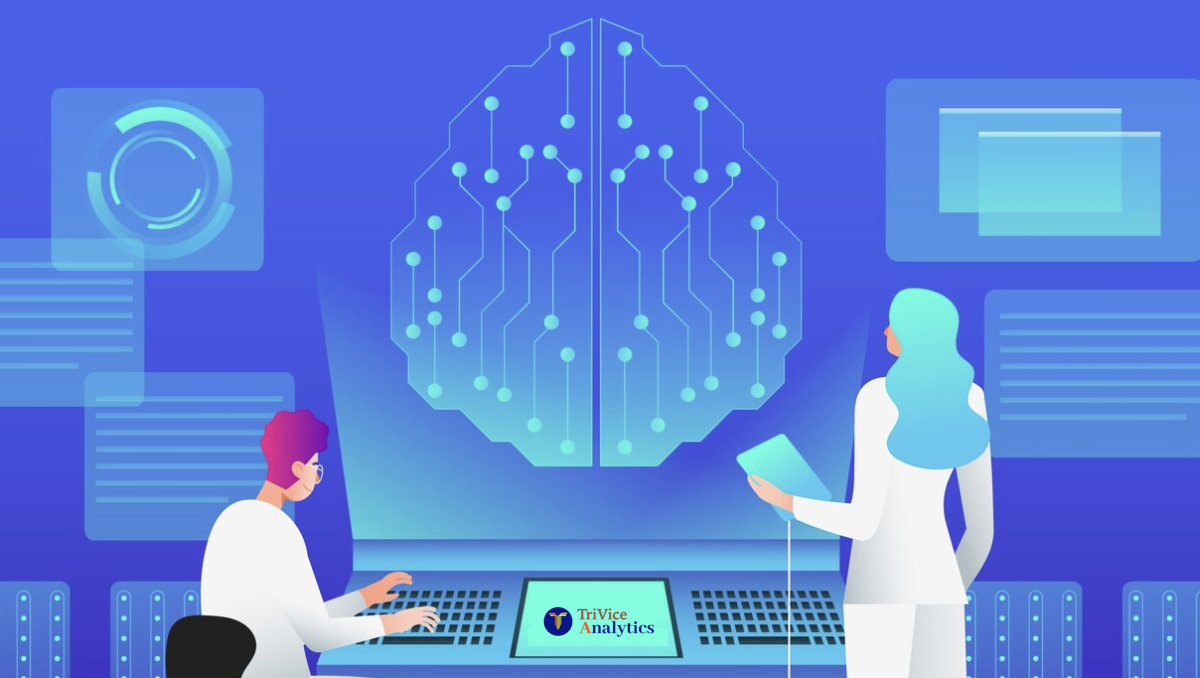Welcome to our latest fortnightly update. Packed with key updates and improvements across our platforms, this edition ensures you’re up to speed with the latest developments. Let’s dive in!
Recently, I was reflecting on the challenges we face in healthcare, especially when it comes to preventing diseases rather than just treating them. It struck me how often traditional preventive methods, while well-intentioned, just don’t seem to go far enough. This got me thinking about the potential of new technologies, particularly AI, and how they’re beginning to reshape the landscape.
Priya Oberoi’s article on the transformative potential of AI in women’s health highlights a critical and timely conversation (Forbes). As we stand on the brink of a digital healthcare revolution, it is imperative to recognise the multifaceted ways AI can enhance women’s health outcomes, fostering a more inclusive and precise medical paradigm.




